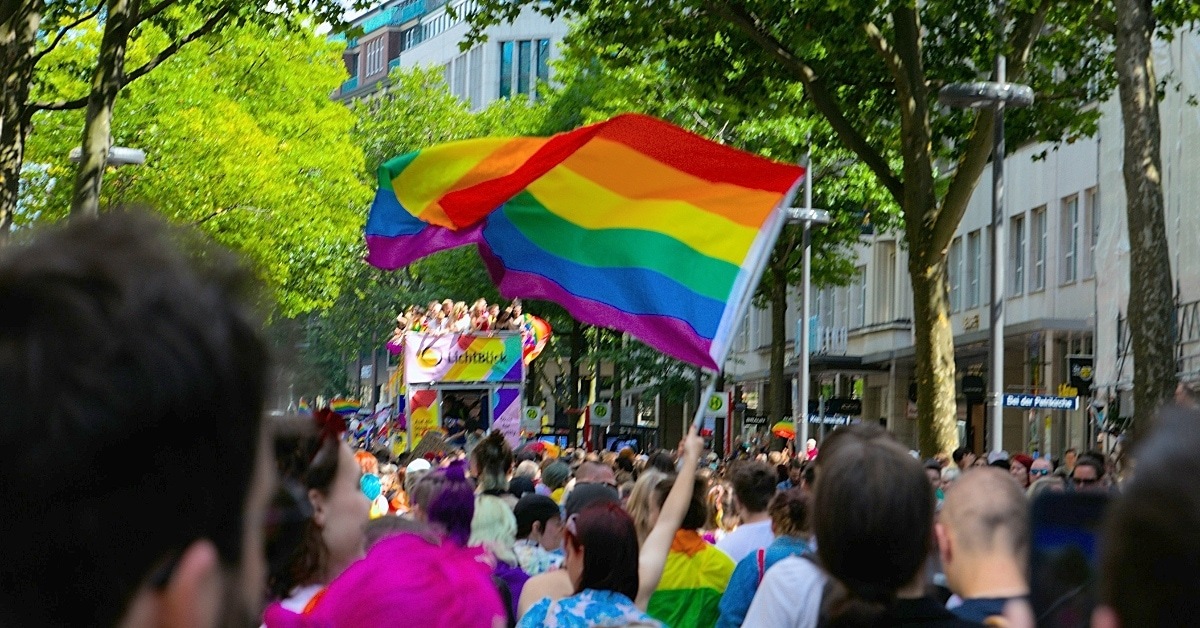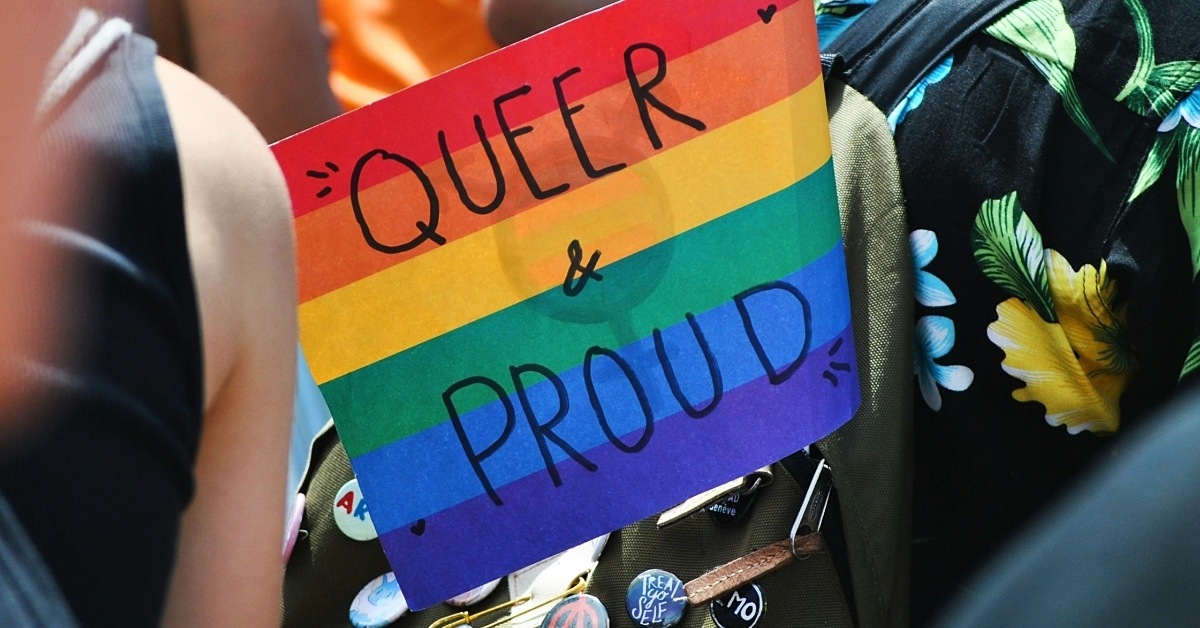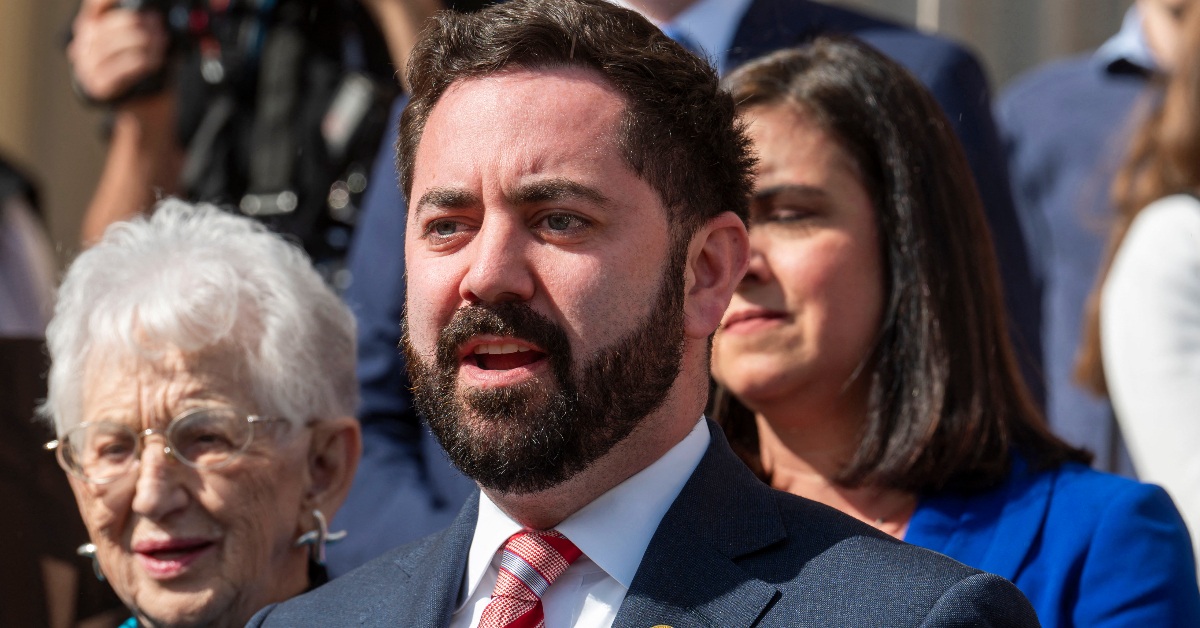BY: DM
Published 6 months ago

The rights of trans women in the United Kingdom are under attack, following a ruling by the Supreme Court. The case, initiated by the gender-critical group For Women Scotland, challenged the Scottish government’s inclusive interpretation of “woman.” They pointed specifically to the Gender Representation on Public Boards Act 2018, which aims to ensure that 50% of non-executive members on public boards are women.
The Act’s definition of “woman” included individuals with the protected characteristic of gender reassignment, encompassing transgender women who are living as women and undergoing or have undergone a process to become female.
FWS challenged this inclusive definition, arguing that it extended beyond the legislative competence of the Scottish Parliament and conflicted with the Equality Act 2010, which they contended defines a “woman” strictly based on biological sex. The group expressed concern that including transgender women in the gender representation objective could lead to public boards comprising individuals who were biologically male.
The ordeal has sparked worldwide outrage, with many advocates slamming the Supreme Court for agreeing with FWS’ assertion. Here is a breakdown of the legal battle, which left members of the LGBTQIA+ community feeling uneasy.
The UK Supreme Court has altered the definition of “woman.”

The UK Supreme Court determined that, under the Equality Act 2010, the term “woman” refers exclusively to individuals assigned female at birth, effectively excluding transgender women from this legal definition. “The terms woman and sex in the Equality Act 2010 refer to a biological woman and biological sex,” Lord Patrick Hodge, Deputy President of the Supreme Court, told CNN. “The provisions relating to sex discrimination can only be interpreted as referring to biological sex.”
Transgender rights advocates have expressed deep concern over the ruling. Melanie Field, a former civil servant involved in drafting the Equality Act, criticized the decision, stating it deviates from Parliament’s intent to protect transgender individuals from discrimination.
“There are likely to be unintended consequences of this very significant change of interpretation from the basis on which the legislation was drafted and considered by parliament,” Fields wrote in LinkedIn via The Guardian. “We all need to understand what this change means for how the law provides for the appropriate treatment of natal and trans women and men in a whole range of contexts.”
Trans rights are still undefined in the UK.

The Supreme Court’s ruling applies to trans men and women, leaving some folks curious about their rights. While the court acknowledged that transgender individuals remain protected under the Equality Act’s provisions for gender reassignment, critics argue that the ruling undermines these protections by legally excluding transgender women from the definition of a “woman.”
Maggie Chapman, a Green Party lawmaker in the Scottish Parliament, slammed the move by the Supreme Court. “Trans people have been cynically targeted and demonized by politicians and large parts of the media for far too long,” she told AP News. “This has contributed to attacks on longstanding rights and attempts to erase their existence altogether.”
Chapman’s statements have been echoed by many in the LGBTQIA+ community, who fear it the ruling could set a precedent for further erosion of transgender rights.
Do you think the Supreme Court’s decision reflects the actual intent of the Equality Act 2010? Comment below!










